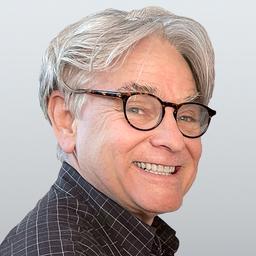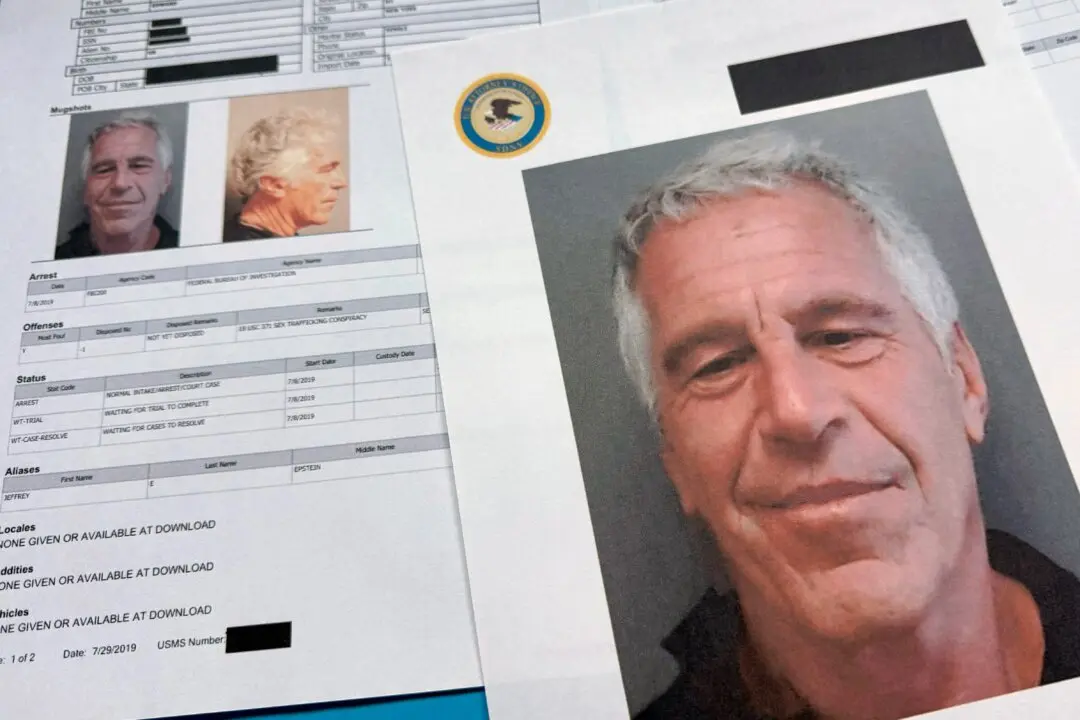Commentary
University of Lethbridge president Michael J. Mahon’s recent cancellation of a talk by Frances Widdowson marks yet another failure of Canadian universities to maintain open academic environments where candid speech and robust discourse are encouraged.





